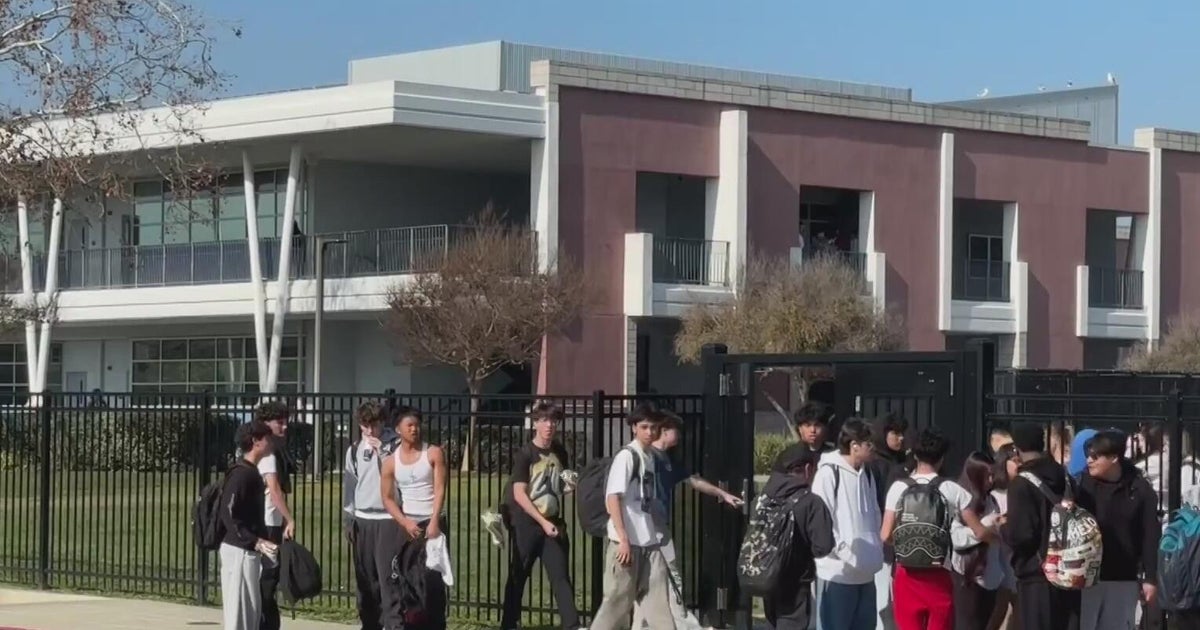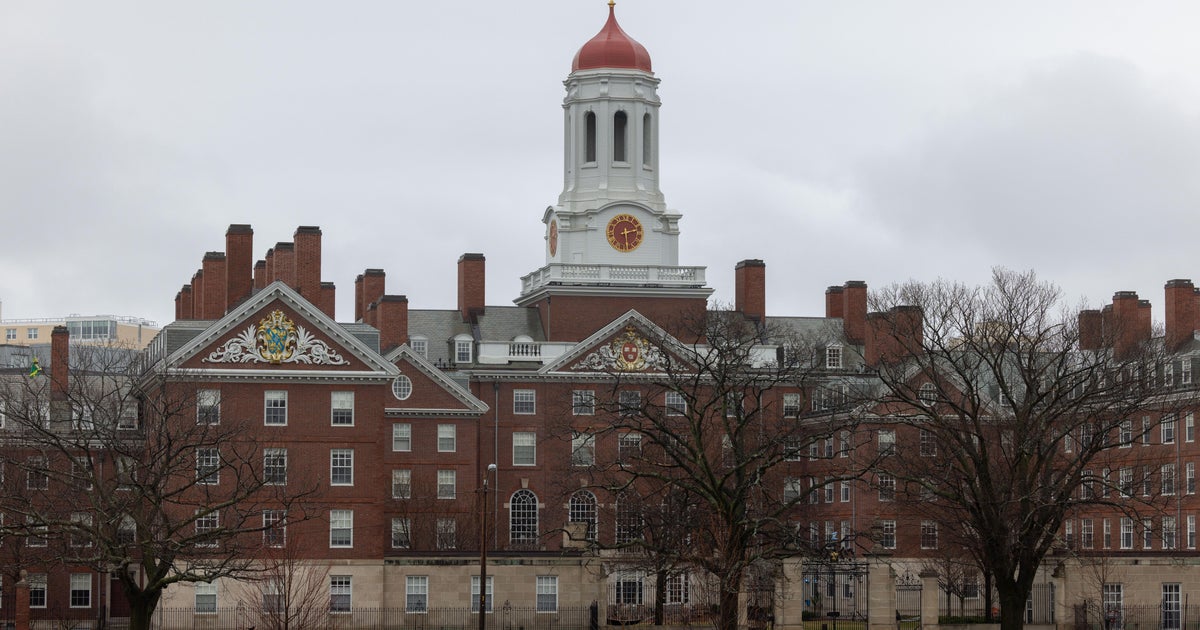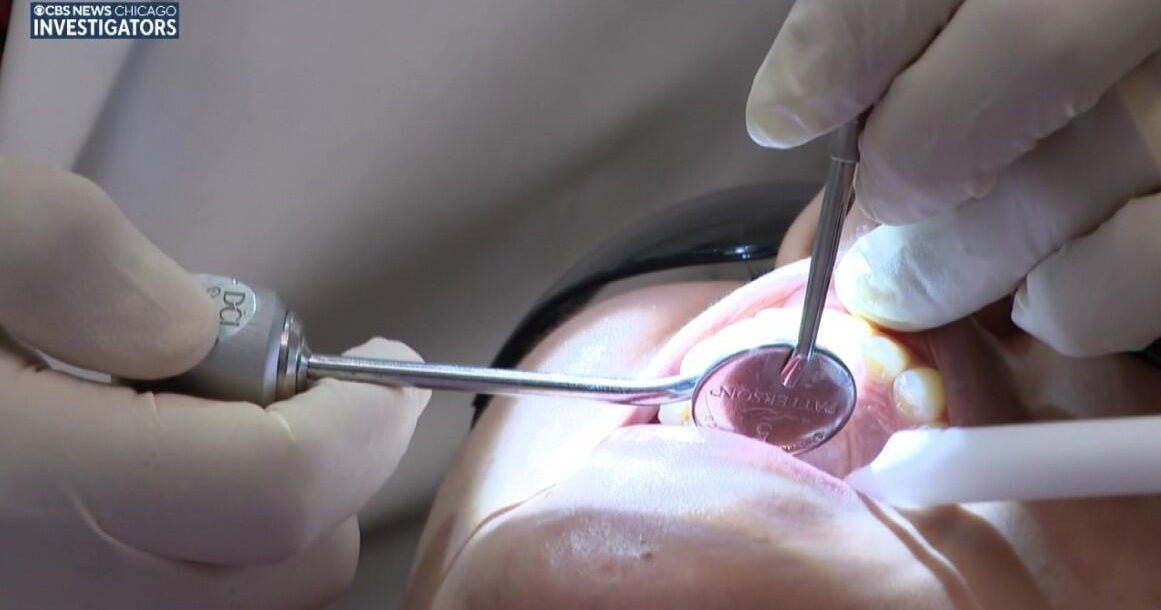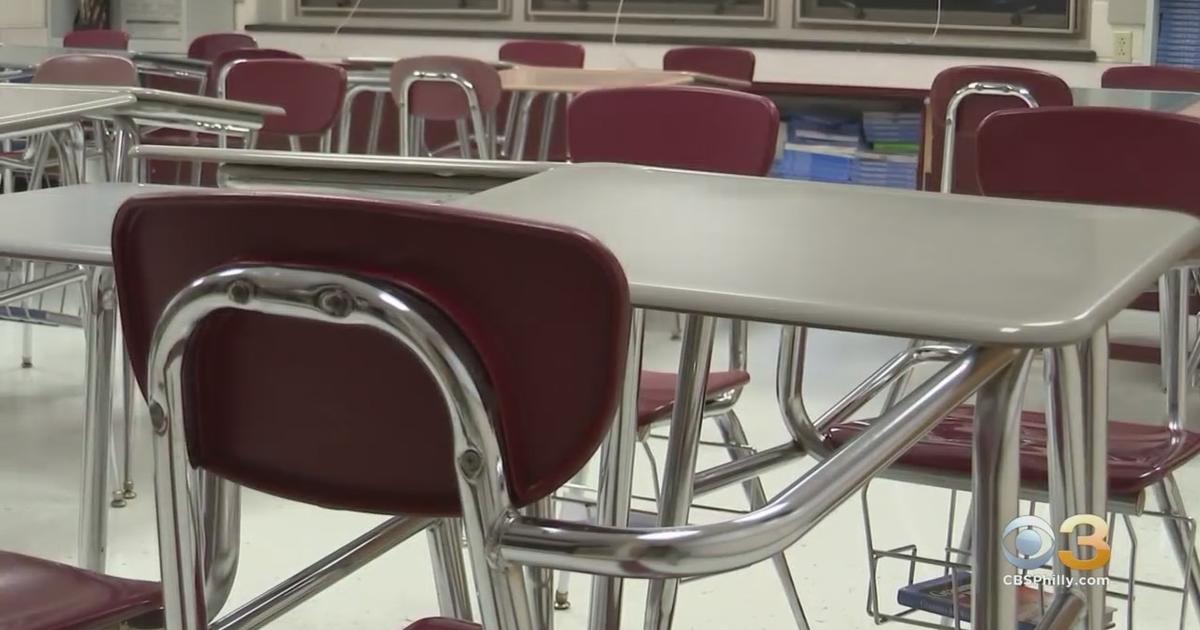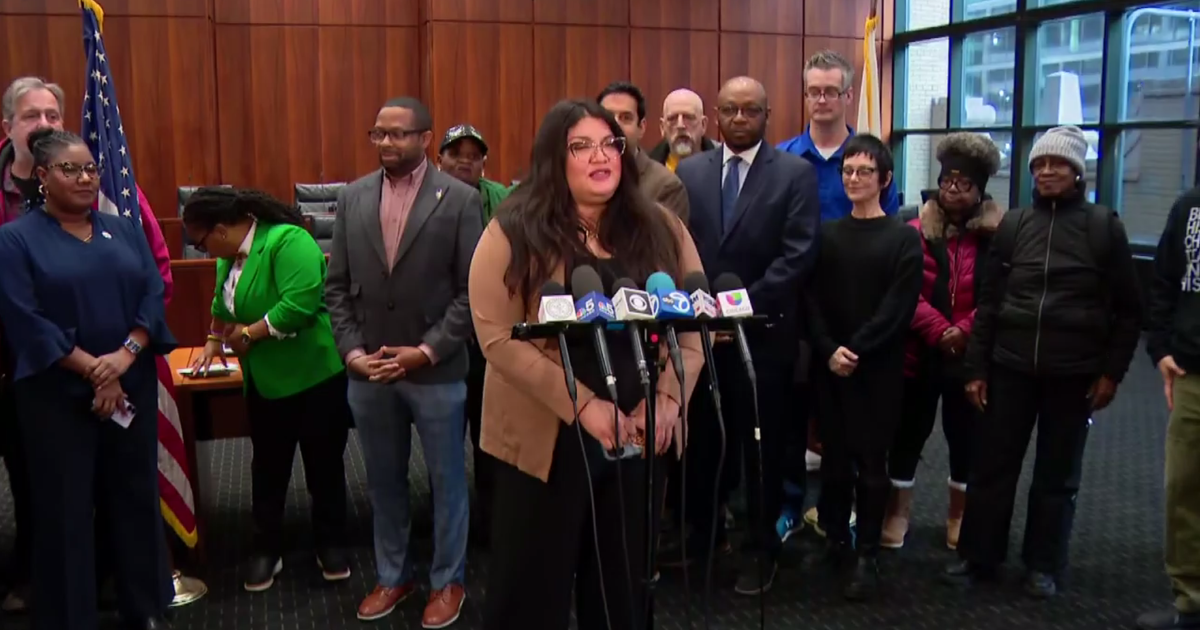Some DPS Students Say Virtual Learning Grading Policy '110% Serves Affluent Students'
DENVER (CBS4) - Some students feel the Denver Public School District's current grading policy, giving students a choice between a letter grade or credit/no credit, gives more affluent students the upper hand. They're hoping that will change in the next school year starting in August.
"The policy 110% serves affluent students," said East High School's Junior Class Vice President, Sheridan Hood, 17, of Denver.
Hood says because some students have to help out their parents during these tough times by getting a job, or watching their siblings, they will have no choice but to take the credit/no credit grading option, whereas more affluent students, who don't have those obstacles, can opt for a letter grade.
"We have students in DPS that are literally driving for Uber Eats and Door Dash, because both of their parents are out of work, and then we have students who are doing their homework out by the pool. Due to that gap, and that those disparities already exist, I don't want this time away from school to be a place for those disparities to be exacerbated," Hood said. "It's going to hurt the students with the credit/no credit, because the same kids in their class are showing an A, and that leaves room for colleges to be like, 'well was this person not working as hard, or are they not as smart?'"
But School Board Member Tay Anderson believes colleges will be more lenient with applications.
"Right now we've already heard from most of our universities, that they are taking a different approach to how they are looking at acceptances for students coming in, especially understanding that it wasn't just one area of the country that went through COVID, it was the world," Anderson said.
Anderson said the school system's grading policy aims to serve all students. He said many first generation students had reached out to the school system wanting letter grades to be an option, because they will be the first person in their family to graduate.
"We've heard from those students who said 'I really want this grade to be reflected on my transcript, because I've worked for 12 years, as the only person in my family going to school, to really earn this moment, and I don't want to lose that because of COVID,'" Anderson explained. "We heard both sides of their concerns, and really wanted to figure out a system that was in the middle."
DPS Response: 'We Have Remained Flexible'
DPS agrees. In a statement to CBS4, a spokesperson for the school system wrote, "since the shift to remote learning, we have remained flexible and responsive to feedback on our grading policies. We heard from many students and teachers when we initially moved to a credit/no credit system. Based on that feedback and the desire to remain as equitable as possible, we have since decided to give students the option of receiving a grade or opting for a credit/no credit model on a class-by-class basis. This allows us to both honor the hard work many students have put into earning their grades, while also remaining flexible in what we know has been a challenging adjustment for all."
The statement went on to say, "we also have a 'hold harmless' policy in place, meaning students' grades will not be lower than what their grades were at the start of remote learning and that students can only improve upon their grade. These policies offered the most equitable approach for students' varying circumstances and will remain in place for the remainder of the 2019-20 school year."
As for next year, the school system says it will "review grading policies to determine the best approach moving forward."
East High Junior Class President Murphy MacDonald, 17, hopes during that review, the school system will listen to more students about their thoughts on how the policy can be improved.
"I'd like to see DPS working more with students in creating a policy for next year, because I think one of the biggest issues with the policy as it stands now is that there weren't that many voices that went into the decision... and it didn't accurately reflect the diverse population that DPS has," MacDonald said. "I think the focus needs to be taken off of GPA, and more onto retaining information."
MacDonald said if the grading policy doesn't change before the end of this school year, he and Hood will likely start a petition.
What About Other School Systems' Plans For Next Year?
CBS4 reached out to other school districts to see what their grading policies might be in the next school year.
Many school districts around the Denver Metro Area are still developing their plans for next year.
"We are in the middle of planning for next year and the practice of grading students remains a central tenant to our discussions," said Tracy Rudnik with Brighton 27J School District.
Boulder Valley School District is also in the planning stages, but currently high school students are given letter grades across the board, and if students have trouble, they are expected to reach out to their teachers for help.
Jeffco Public Schools said it is also developing its "Restart Plan," which will likely be some in-person and some remote learning, but the details around grading that hybrid learning plan are yet to be determined.
Thursday, DPS announced it would also likely have a hybrid model in the fall.
Anderson said the school system is discussing whether to have high school students do more remote learning, and have all elementary students come back, but spread out more by using empty high school classrooms.
Anderson also said he has requested to review grading data that will be available in mid-June, which will help him and other school officials to determine best grading practices for the upcoming school year.
"The state of education will never look the same, I think we've been advocating for small classrooms, and unfortunately it took a pandemic to realize that small classrooms are something that are going to be useful," Anderson said. "It's going to be hard to bring 93,000 kids back to in person learning."



